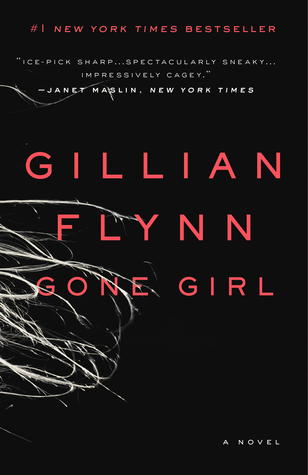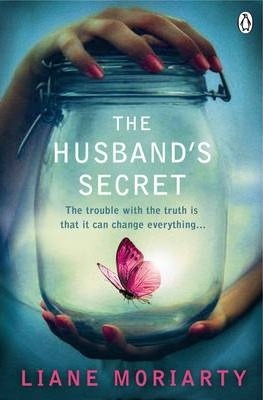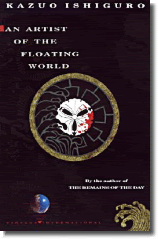 Title: Becoming
Title: Becoming
Writers : Michelle Obama
Published: 2018
Genre: Non-Fiction
My Rating: 3.5 on 5
I am wary of books written by or about celebrities just after they assume an important role or give up one. Satya Nadella, Sundar Pichai, Narendra Modi – the list goes on. As soon as someone takes up CEO role or becomes the PM, either the person himself/herself or someone else comes out with a (auto)biography. I try and stay away from such books but I made an exception with Becoming – for two reasons. I have been in awe of Michelle Obama ever since she came into the limelight. Her grace and dignity are impressive and I wanted to hear what she has to say about her life. And I thought she would have something substantial and meaningful to say, considering she was the first Black First Lady of US. And I am glad I made this exception.
Becoming is neatly segregated into three sections: Michelle’s childhood, her meeting Obama and their marriage, and the tumultuous journey to the White House and their stay there. Michelle had the privilege of growing up in a non-traditional Black family, in the sense that she had a safe and loving environment, father with a steady job and parents who emphasized on providing good education. One stark example would be Michelle’s parents’ insistence that Michelle and her brother speak proper English with the right grammar and pronunciation. While this helped both the siblings to assimilate in the bigger world, it set them apart from the most of the Black families as they were seen as “different”. Michelle’s struggle in settling down on going to Princeton and her natural choice of hanging out with peer Black students is a very emotional read.
Compared to the first section, the second one is slightly boring. Her first meeting with Obama, their initial interaction leading to a date, courting and eventual marriage – this borders on cheesy (for me) in some places. What this section achieves though, is show the contrast between the two personalities. While Michelle was always the do-gooder, approval seeking person, Barrack was hyper-focused on civil rights, and didn’t want to spread his roots and settle down. Heck, he did not even believe in the institution of marriage. This section also shows the dedication Mr. Obama always had on his humanitarian work, his contribution to non-profit work and his sincere empathy.
The concluding section is the most interesting. This is where Obama decides to plunge into politics, by dipping his beak as Senator and eventually aiming for the White House. The amount of hard work, strategy, planning and money that gets poured into Presidential politics is mind boggling. I could relate to Michelle so well when she was on the fence about this. She wanted her husband to achieve his dreams, but also wanted a safe, protective environment for her kids, away from the media glare. She knew that once they enter the political world, there is no shying away from the public. Every word said or unsaid, every dress worn, every hair of strand that is out of its place would get judged and not just for herself but for her daughters as well. How she struggles to keep them grounded and give them as normal as a childhood she could provide is commendable.
As one of the most influential Presidents of the US, Barrack Obama definitely will go down in history with golden laurels, but as the First Lady, Michelle did not fade under his shadow, but made a mark for herself and found her own voice.
Now that I have read the book, I wonder why Michelle named it “Becoming”. There is a theme, of course, on how she climbed the stepping stones of life, but considering her constant struggle of “Am I good enough?”, “Do I belong here?”, “Is this for us?”, a better book title would have been “Belonging”.
 Title: Elon Musk: Tesla, SpaceX, and the Quest for a Fantastic Future
Title: Elon Musk: Tesla, SpaceX, and the Quest for a Fantastic Future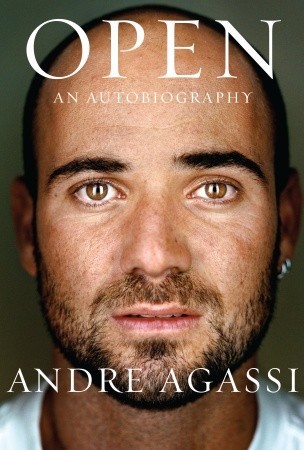 Title: Open
Title: Open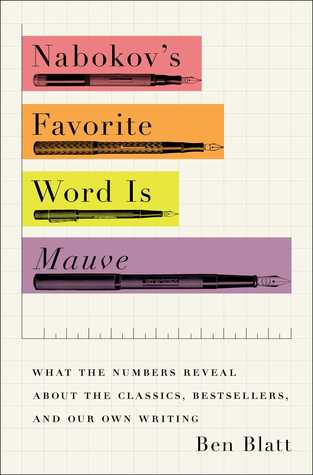 Title: Nabokov’s Favorite Word Is Mauve
Title: Nabokov’s Favorite Word Is Mauve Title: The End of the Wasp Season
Title: The End of the Wasp Season Title: Uttarakaanda (Kannada)
Title: Uttarakaanda (Kannada) Title: The Chimp Paradox: The Acclaimed Mind Management Programme to Help You Achieve Success, Confidence and Happiness
Title: The Chimp Paradox: The Acclaimed Mind Management Programme to Help You Achieve Success, Confidence and Happiness Title: The Forgotten Garden
Title: The Forgotten Garden Title: When Breath Becomes Air
Title: When Breath Becomes Air I have realized that I have a special affinity towards books with children as their central character. ‘The Secret Life of Bees’, ‘To Kill a Mocking Bird’ and ‘My Grandmother Asked Me to Tell You She’s Sorry’ are some books that come to my mind. Added to that list is the latest one I read ‘Whistling Past the Graveyard’.
I have realized that I have a special affinity towards books with children as their central character. ‘The Secret Life of Bees’, ‘To Kill a Mocking Bird’ and ‘My Grandmother Asked Me to Tell You She’s Sorry’ are some books that come to my mind. Added to that list is the latest one I read ‘Whistling Past the Graveyard’.









